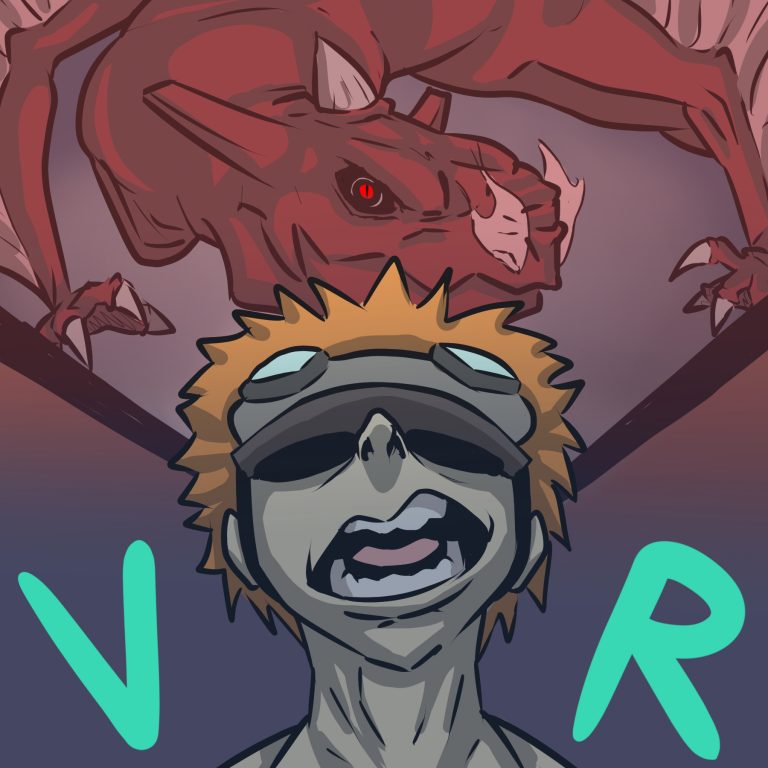
Eric Long
Virtual reality (VR) is often thought of as a gimmick to the gaming industry, but UCSB assistant professor Douglas McCauley feels that it can be one of the next big tools for education. McCauley recently published an article in the prestigious journal Science on the potential of virtual reality for “virtual field trips.” This would enable students who can not arrange field trips to receive a similar experience or allow for immersive dives into settings that would be impossible otherwise.
In the article, McCauley describes several existing VR nature experiences in video games. Titles such as Walden, a Game and Endless Ocean, show that the systems in place are starting to be used for higher fidelity ecological simulations without the direct influence of education. Companies such as Google are taking this another step further with their Google Expedition Program, which offers several virtual scenarios designed for classroom use.
According to McCauley, however, the use of VR is not the end-all-be-all. In his Science article, McCauley references studies that show the effects that VR has on learning is significantly lower than that of actual field trips. These studies estimate that VR has a one-year impact on students while physical field trips have an effect potentially lasting a lifetime.
The uses of VR could potentially be more varied, allowing students to see events from history or processes that happen too gradually over time for humans to perceive them. McCauley describes a simulation where students were put into the viewpoint of a coral. The timescale was sped up to show the effects of ocean acidification, allowing the students to watch as parts of their digital coral body eroded.
Aside from the purely quantitative data, McCauley also warns researchers and developers to consider the impact it could have on the qualitative experience of education. The cinematic and grand sights that can be so easily made in virtual reality are in fact extremely rare occurrences in nature.
As McCauley said in his article ”real-world whales do not allow themselves to be petted on every dive.” These kinds of spectacles can be misleading and implant fallacies about nature and our place in relation to it.
Some students have also expressed concern in choosing virtual trips in favor of traditional field trips. “That kind of spontaneous encounter — and the feeling it evokes — would be next to impossible to reproduce in a virtual reality setting,” wrote Julie Cohen in an article published by The UCSB Current in response to McCauley’s article.
Maybe, as Cohen suggests, the many nuances would be quite difficult to replicate in data, indeed perhaps impossible for the current state of technology.
The field of virtual reality is still in its relative infancy, with many of the possible applications still be considered and discovered. The field of education is constantly looking to improve upon itself, utilizing the most effective methods and technologies to advance knowledge. Whether virtual reality will become the next great tool of education is something that McCauley made sound very possible.










